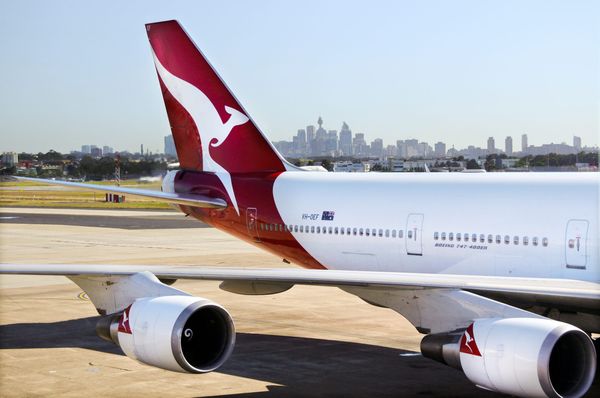Conflict between JobKeeper rules highlighted in Qantas case
The Fair Work Act 2009 (Cth) (FW Act) obliges a Jobkeeper-qualified employer receiving JobKeeper subsidies for an employee not to pay less than the greater of:
- the amount of the JobKeeper subsidy for that fortnight;
- the amounts payable to the employee in relation to the performance of work during the fortnight.
In Qantas Airways Limited v Flight Attendants’ Association of Australia (2020) the employer had made payments of penalties in arrears in a particular JobKeeper fortnight and was seeking to have those amounts counted against the obligation to pay the minimum of $1,500 for that fortnight (N.B. the minimum is currently $1,200 or $750 depending on the type of employee). The Court rejected this and ruled the employer could only count amounts that were “payable” in that fortnight, i.e. required to be paid to an employee in the fortnight pursuant to some contractual or other entitlement in return for the performance of work, not amounts relating to work in earlier fortnights.
This conflicts with the JobKeeper rules, which provide that an employer meets the wage condition in respect of an employee for a fortnight if the amounts paid by the employer to the individual in the fortnight by way of salary, wages, commission, bonus, allowances, overtime payments and penalties equal or exceed the fortnightly JobKeeper amount.
The JobKeeper rules mean that employers need not be concerned with when the hours were worked or whether the payment was in advance or arrears. However they conflict with the FW Act rules, as interpreted by the Court in the Qantas case.
In the Qantas case, the employer, by paying only the overtime in the later period and not an additional $1,500, met the wage condition under the JobKeeper rules, but was found to have breached the FW Act. Similarly, by paying annual leave of $1,500 in a fortnight it met the wage condition, but the Court found that leave paid during a fortnight was not earned during that fortnight, and therefore does not relate to the performance of work during the fortnight. Accordingly, paying leave without also paying an additional $1,500 was found to have breached the FW Act.
Get the latest employment law news, legal updates, case law and practical advice from our experts sent straight to your inbox every week.

